Grapefruit
Grapefruit is one of the fruits highest in water content. It is great for hydration, weight loss and obesity prevention. Antioxidant levels in grapefruit are very high, especially beta carotene and lycopene, resulting in its red color. These give grapefruit its anti-cancer properties and prevent heart disease. Grapefruit can lower cholesterol and has high vitamin A and C content, good for boosting immunity. Low glycemic index makes it diabetes friendly food. Grapefruit should be avoided when taking certain medications, since it contains compounds that affect their metabolism, resulting in higher levels of these drugs in the body.

